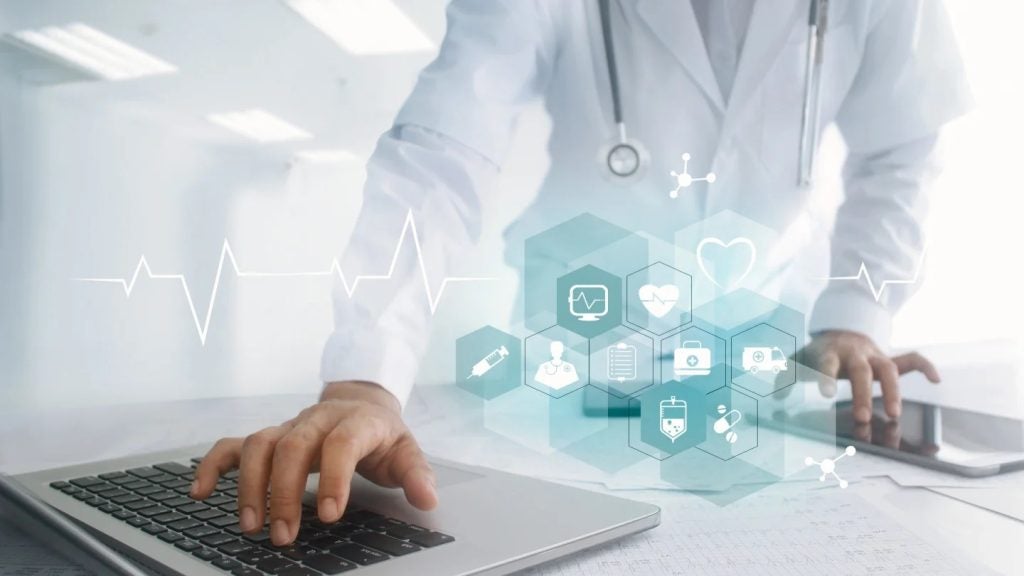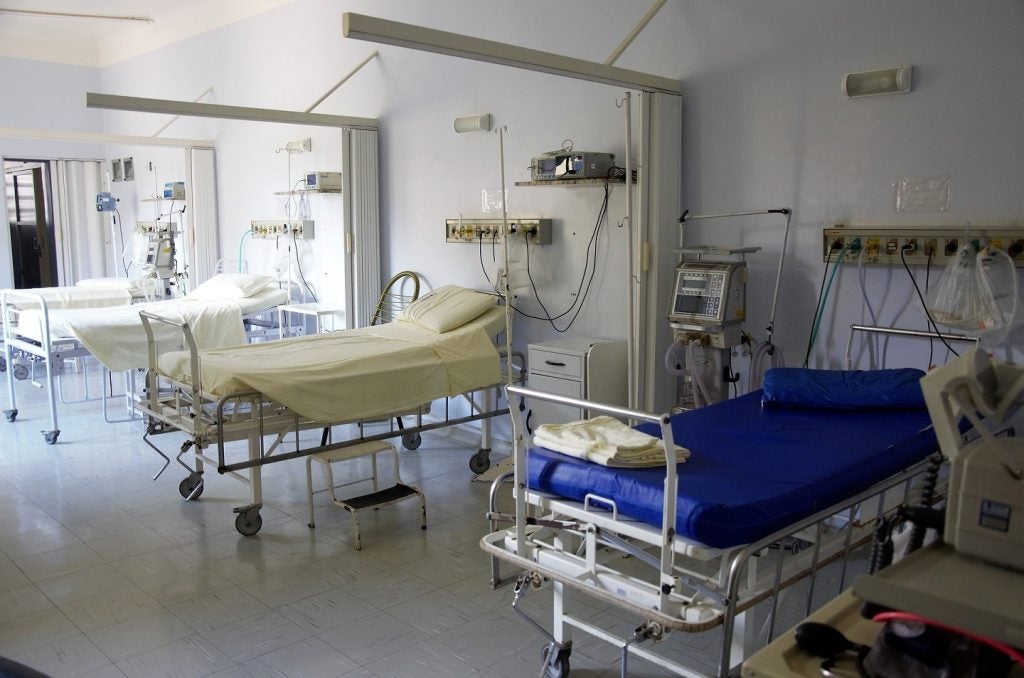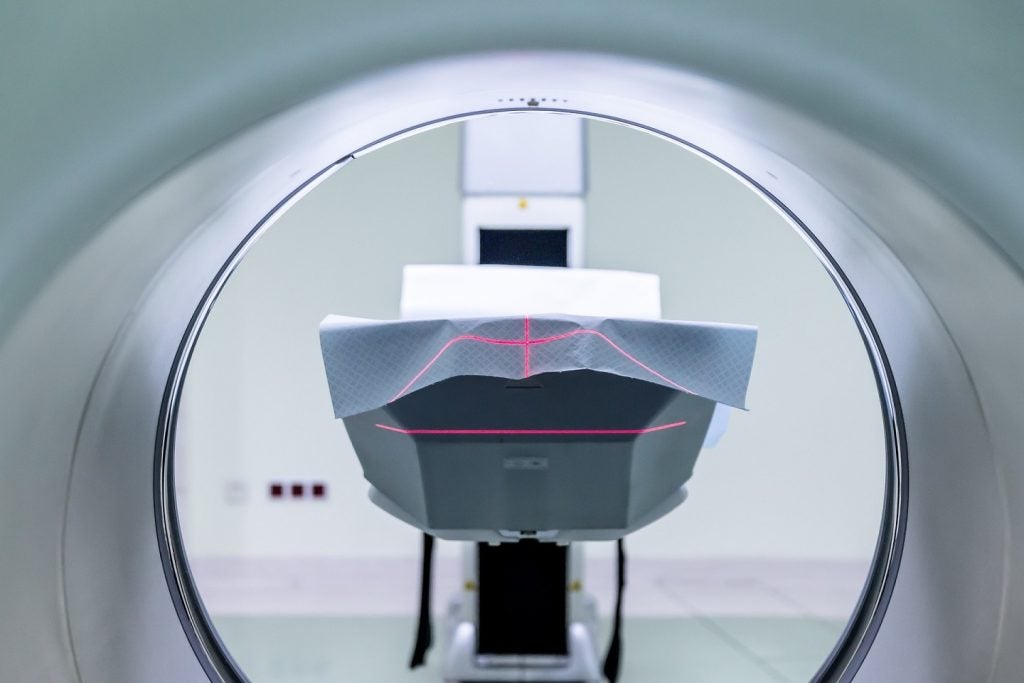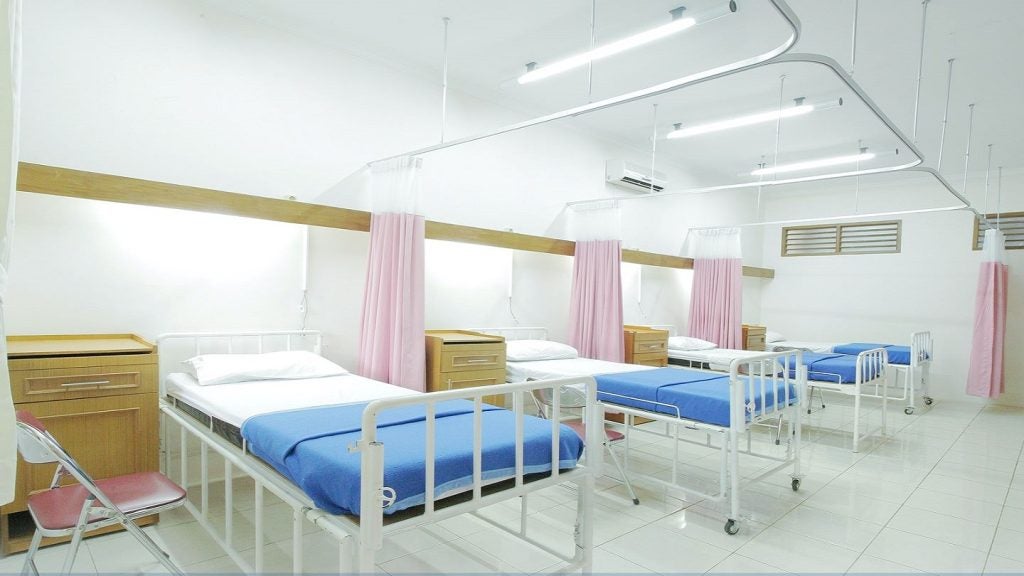A German hospital has ordered a Navigated Brain Stimulation (NBS) 5 system, developed by Finnish medical technology company Nexstim.
The Food and Drug Administration (FDA)-approved and CE-marked system comprises a mobile cart, TMS stimulator, stimulation coil and a channel EMG.
A stereotactic camera along with an NBS computer system equipped with dual 23in displays, PC and NBS software are included.
Tracking tools including NBS head tracker, coil tracker and digitising pen are designed for ease of use.
Besides, the system features a three-pedal foot switch, an optional cooling unit, and an electronically-adjustable patient chair.
Its motor and speech mapping features enable the presurgical mapping of cortices of the brain.
With therapeutic capabilities, the system can also be used in treating major depression and chronic neuropathic pain.
Nexstim CEO Mikko Karvinen said: “In Germany, we have traditionally seen widespread interest towards our technology among neurosurgical professionals.
“We are happy to have such an established user community including key opinion leaders, and to see that there is continuing demand for combined system solutions in the German market.”
Nexstim’s portfolio also includes a non-invasive brain stimulation technology for navigated transcranial magnetic stimulation (nTMS).
Its 3D navigation is claimed to provide accurate and personalised targeting of the TMS to the specific area of the brain.















